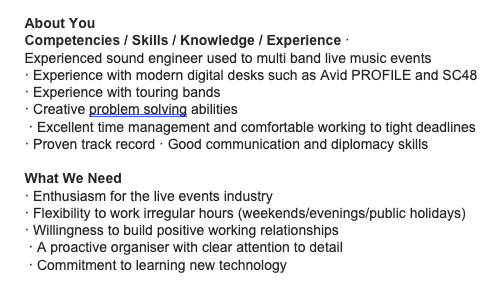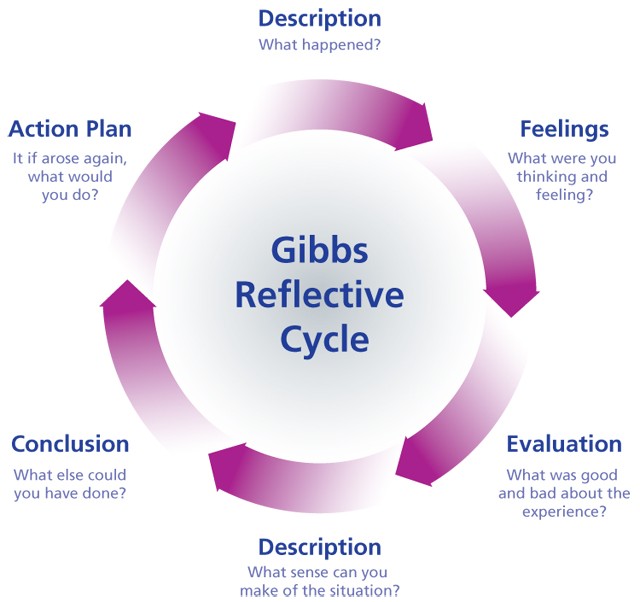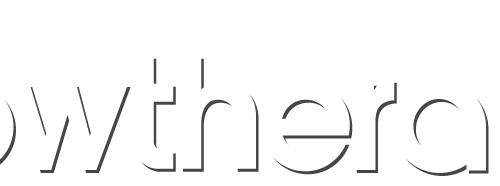Simulated Job Interviews – Disengage the Simulator
What do I want to be when I grow up?
Nothing quite compares to the angst and apprehensiveness faced when staring down the barrel of an impending job interview. Will I mess this up? Will they like me? Will I conduct myself appropriately? These exact lingering thoughts, as well as a facet of others, crept their way forward within my mind in the days leading up to the session of peer-to-peer simulated interviews. Where do I see myself when I graduate? For this session, I prepared by researching job roles relating to the nature of my work-based learning company within the realm of live sound. After examining my options over the course of a number of weeks prior to the session, I decided to apply to an audio engineer role at the 02 Academy.
In preparation for the role, I kept in mind a policy of self promotion – to “articulate your true story and purpose – your authentic self” (Beeching, 2005, p. 57) is crucial at selling yourself to a prospective employer as well as skills relevant to the job. As well as this, to conduct myself adequately, I studied the advertisement for the role and kept in mind integral details of what the employers sought in a prospective employee:

So, with these elements in consideration, I could mentally begin to tailor potential responses to questions to ensure that I would portray myself as being the right fit to potential employers. All that remained was the actual interview.
Reflection in Practice – The best way to Learn from an Experience
Exercising Gibbs’ Reflective Cycle, I will critically analyse my conduct, approaches and preparation towards my simulated interview experience. Moreover, I will intricately study the feedback received during the session by my peers. From this process, I hope to come to a definitive conclusion on what exactly I gained from the session and how I can utilise this experience to the fullest extent in future.

Description and Feelings – How did that go?
Our interviews took place during the morning, much like a live job interview would be. Myself and three others in the group conducted interviews on each other and, in turn, provided feedback for one another. As soon as I began my interview, it became clear that I had not prepared enough for the role.
Upon being the first candidate within my group to interview, anxiety made itself a dominating presence. As well as this, I felt out of my depth at times and embarrassed at various responses I provided. It was evident that my interviewers could sense these feelings too, citing that I struggled to maintain continuous eye contact at times as well as fidgeting during select questions in my feedback.
Evaluation and Analysis – You’re your own worst critic
In evaluating how this interview went overall, what had begun with a positive mindset and confidence turned into something different altogether. Throughout the interview, I would become absent minded of all the careful planning I had worked towards, often staggering through questions in an attempt to simply get from A to B and move to the next question. In reality, the interview was disastrous for the most part. I was unable to naturally answer certain questions, often involuntarily opting for lengthy periods of time between my responses as well as overthinking simple facets. Namely, I was unable to identify integral relevant skills from my course (Music and Audio Production) and how they could come into play in this job – embarrassing. Clark (et. al, 2014, p. 73) accurately states that “gaining the right qualifications to land one’s dream job is never easy”.
I should have bared this fact in mind and been able to plan more effectively in consideration of how accurate this statement is. Fortunately, the sentiment was not lost completely as having successfully experienced audio engineer work during my time in work placement, I was able to answer questions related to actual experience as well as utilising the STAR method to emphasise detail toward handling certain scenarios that could happen in the job.

Analysing my management of the interview, it becomes evident why certain areas did not go according to plan. A lack of focus and vital self-attention to detail was missed. Moreover, the fact that my mind apparently defaulted to a state of anxiety and feeling “blank” was a disservice. More planning and preparation in this regard would have went a long way. An interesting article I read in this regard by Trull (1964) mentions that “the lack of adequate planning for an interview is the single greatest fault” an individual could make during an interview.
Conclusion and Action Plan – Going forward
Conclusions I can gather in this scenario and how I could have achieved more in this opportunity are obvious. I would have made more of an effort to pay attention to my own skills; personal attributes and relevant skills from my degree. I was too focused on potential questions relating to the actual job description and targets I could hit in black and white (as opposed to really hitting the nail on the head verbally).
Going forward in my career, I will always keep in mind what I have learned in participation of these interview sessions. Concerns I have in terms of relating educational experience and lack of confidence can be honed and kept in balance with the positive parts of the interview. What I would call a negative experience has opened my eyes through reflection.
“It is from feelings and thoughts emerging from this reflection that generalisations or concepts can be generated.”
Gibbs, 1988, p. 14
Bibliography
Beeching, A.M. (2005) Beyond Talent: Creating a Successful Career in Music , : Oxford University Press Inc.
Cleveland, S. and Clark J.C. (2014) Careers in Music Librarianship III: Reality and Reinvention , : Middleton, WI: Music Library Association.
Gibbs, G. (1988) Learning by Doing: A Guide to Teaching and Learning Methods . [Online]. Available at: https://thoughtsmostlyaboutlearning.files.wordpress.com/2015/12/learning-by-doing-graham-gibbs.pdf (Accessed: 20th February 2023 ).
Trull, S.G. (1964) ‘Strategies of Effective Interviewing ‘, Harvard Business Review
You May Also Like

The World of Theatre upon Reflection
30 November 2022
Job Interviews: Selling Yourself For A Pay Cheque
24 February 2023

